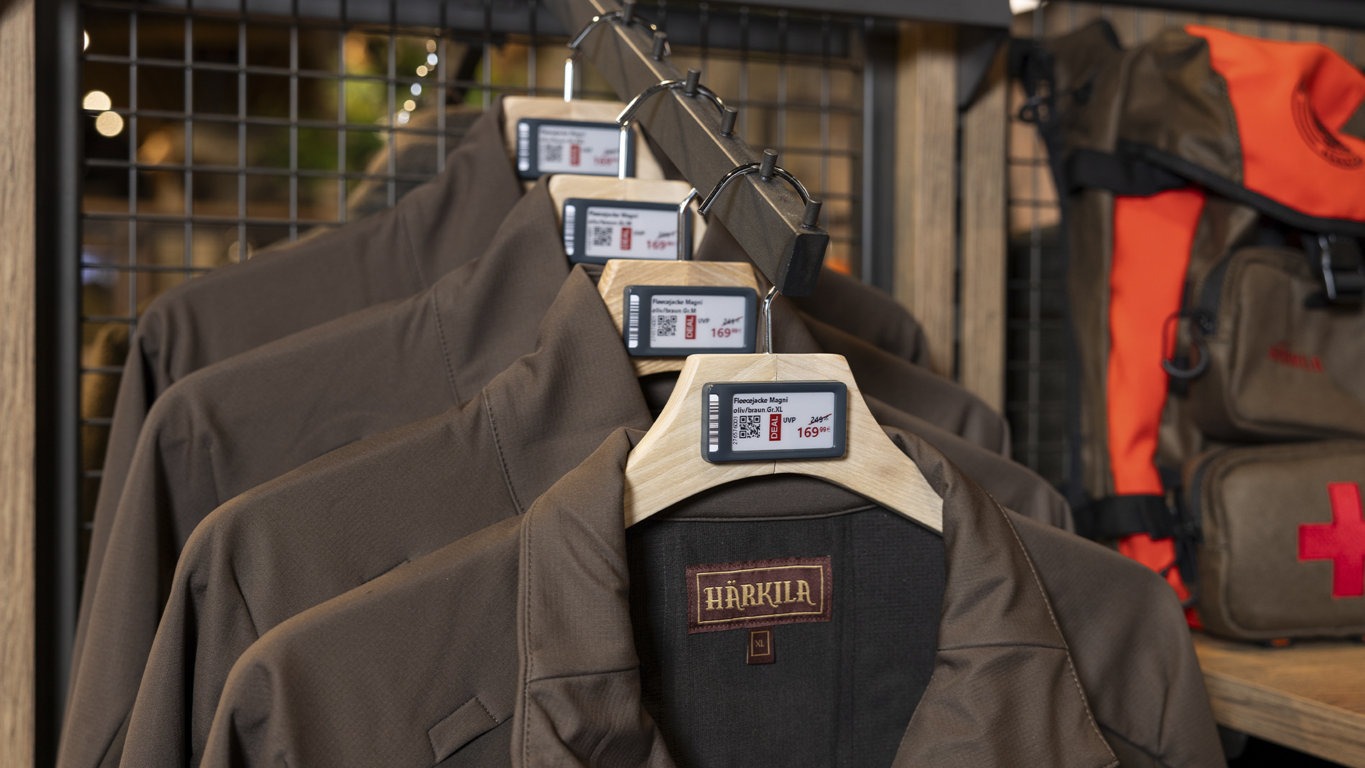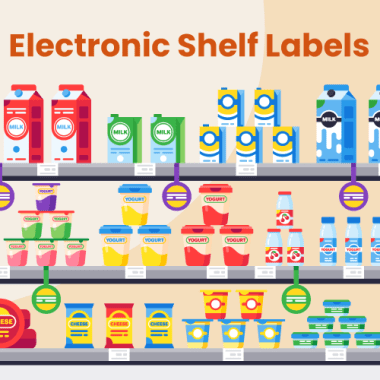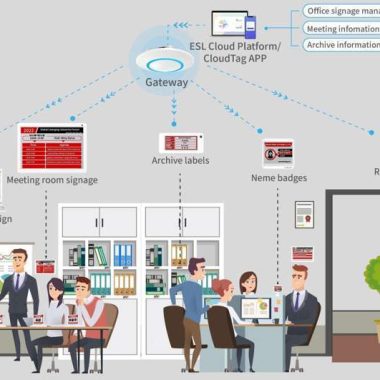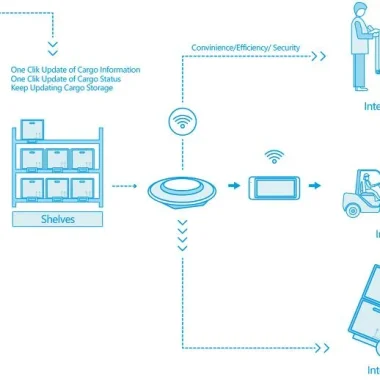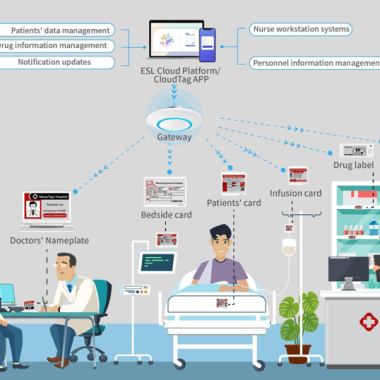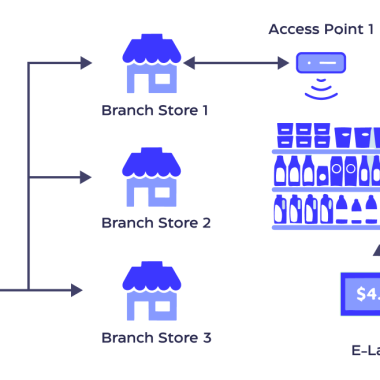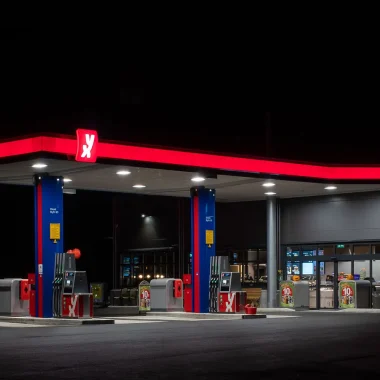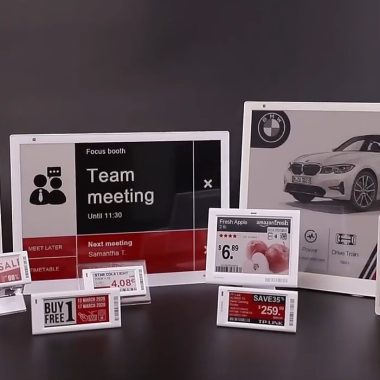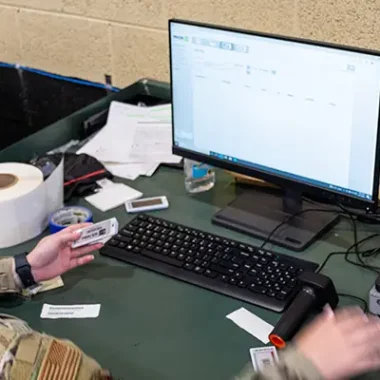How Electronic Shelf Labels (ESL) Are Transforming Fashion Retail
The fashion retail industry is rapidly evolving, and ESLs are playing a crucial role in modernizing in-store experiences. From dynamic pricing to improved inventory management, ESL are helping fashion retailers stay competitive in an omnichannel world.
1. Dynamic Pricing for Seasonal Collections
Fashion brands frequently launch seasonal collections and clearance sales. ESLs enable automatic price adjustments for markdowns, flash sales, and end-of-season discounts, ensuring consistent pricing across all store locations.
2. Seamless Omnichannel Integration
With the rise of online shopping, customers expect consistent pricing across physical stores and e-commerce platforms. ESLs sync with online pricing, ensuring that in-store prices match what customers see online, improving trust and customer satisfaction.
3. Improved Stock Visibility for Staff and Customers
Customers often struggle to find specific sizes or colors of clothing. ESLs integrate with inventory systems, allowing staff to check stock levels instantly. Customers can also scan QR codes on digital price tags to see product availability in nearby stores.
4. Enhanced Shopping Experience with Digital Displays
ESLs in fashion stores can display additional product information, such as material details, styling tips, and sustainability credentials. This enhances the in-store shopping experience by providing customers with more information at their fingertips.
5. RFID and ESL Integration for Automated Checkout
Fashion retailers are integrating ESLs with RFID technology to enable frictionless checkout. Shoppers can simply walk out with their items, and the RFID system will automatically charge them, eliminating the need for manual barcode scanning.
By adopting ESLs, fashion retailers can improve efficiency, reduce costs, and enhance the overall shopping experience for tech-savvy consumers.

